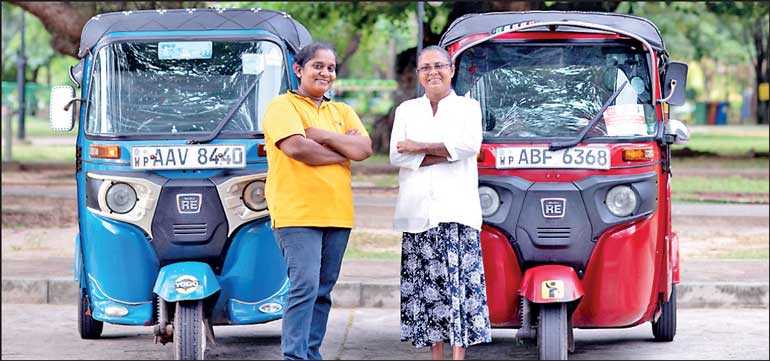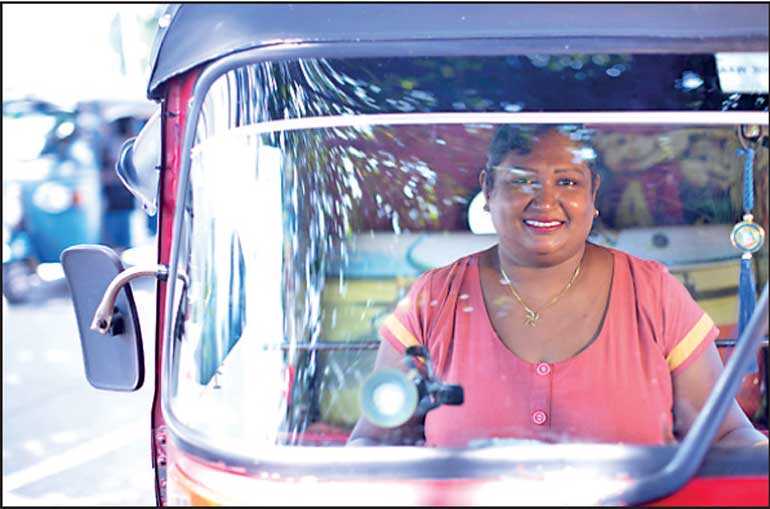Sunday Feb 22, 2026
Sunday Feb 22, 2026
Friday, 4 December 2020 00:00 - - {{hitsCtrl.values.hits}}


Annual revenues for ride-hailing in Sri Lanka could increase by more than a quarter if gaps between men and women’s ridership were closed, according to Sri Lanka’s first-ever study on women’s role in the country’s ride-hailing industry.
The study ‘Women and Ride-hailing in Sri Lanka’ was conducted as part of the Women in Work Program—a partnership between IFC, a member of the World Bank Group, and the Australian government—along with the local ride-hailing platform PickMe, and consulting and research agency, Kantar Public.
Survey results from 280 drivers and over 780 riders reveal that women who use ride-hailing services are more than 40% more likely than men to use it as their primary mode of transport. The findings showed that over half of the women riders were able to work more frequently because of ride-hailing services, with almost two-thirds saying ride-hailing enabled them to access more and better job opportunities.
“We realised the impact that safe transport has on women’s empowerment and financial independence. Our company and our investments in technology enable women passengers to make safe trips while providing flexible and lucrative employment for women drivers,” said PickMe Chief Executive Officer Zulfer Jiffry.
In recent years, ride-hailing, which includes both four-wheeled and three-wheeled vehicles, has become an increasingly important part of Sri Lanka’s transportation system. However, women face barriers both as passengers and transportation service providers, ranging from underrepresentation across the sector to widespread safety and security concerns—90% of women using public transport have experienced sexual harassment in Sri Lanka. The study finds that increasing the number of women drivers would improve women riders’ perceptions of safety. Fifty eight per cent of women riders surveyed said they felt more secure when driven by another woman. The study also finds a high demand for gender segregated transport. Around 90% of women riders would like the option to select a woman driver at least sometimes, and particularly at night or when traveling alone.
“Progress is achieved when we understand the challenges and the constraints related to gender. Both as passengers and as transportation service providers there are barriers that women face,” said IFC Country Manager for Sri Lanka and Maldives Amena Arif. “Increasing mobility through ride-hailing will create new economic opportunities for more women in a traditionally male-dominated industry, and will help women safely and economically reach workplaces.”
According to the International Labour Organization (ILO), lack of safe, affordable, and accessible transport accounts for more than 15% of the gap in women’s labour force participation by keeping women from work, limiting their choices, and/or reducing their hours of work. Thirty two per cent of women who work in Sri Lanka’s private sector reported turning down work at night due to lack of safe or reliable transport.